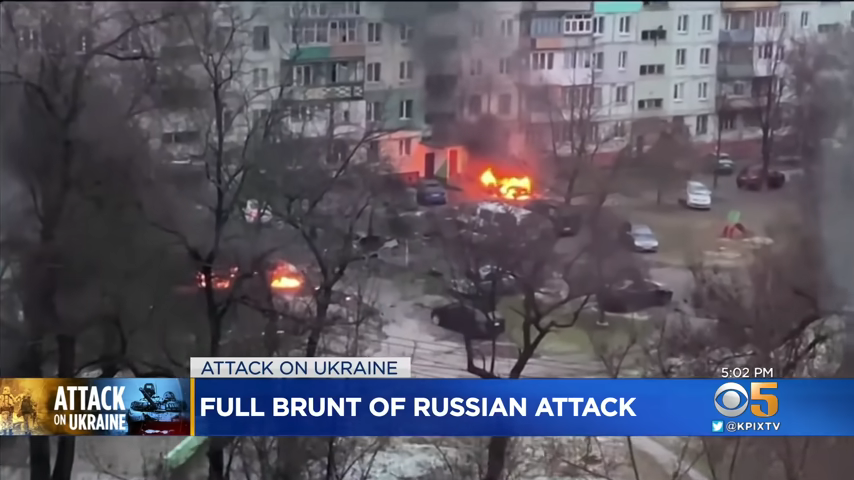
The health consequences of war in Ukraine will be catastrophic
Shakespeare speaks of the thrill of war in Othello:
‘” the neighing steed and the shrill trump
The spirit-stirring drum, the ear-piercing fife,
The royal banner, and all quality,
Pride, pomp, and circumstance of glorious war!“
In the current conflict, neither Ukrainians nor Russians are likely to describe war as “glorious”. Apart from the ruined cities, more than a million people have already fled the country.
An editorial in BMJ by its specialist adviser in ethics and human rights, Julian Sheather, emphasises the war’s immense impact on health:
- “Crude estimates suggest that for each person killed directly by war, nine will be killed indirectly”
- “Even if the Ukraine is spared direct targeting of its health facilities, the impact on health services and public health will likely be shattering, particularly if conflict spreads into urban areas.”
- “Where civilian infrastructure, including access to fresh water, sanitation, and a stable food supply are disrupted, infectious diseases re-emerge.”
- “The mental health impacts of the conflict are likely to be extreme.”
- “People leaving war zones take their trauma with them. They suffer appallingly on the migrant routes into the more stable parts of the world.”
- “Traumatic memory can make the search for peace impossible. And without peace there can be no real hope of human health or flourishing.”
As Sheather points out, Ukraine is no stranger to war on a colossal scale. Thousands died in the Russian Civil Wars after World War I. In the Holodomor, a man-caused famine in the early 1930s, an estimated 3 to 5 million died. About 3.5 million died during the Nazi occupation in World War II; millions died fighting in the Soviet Army.
